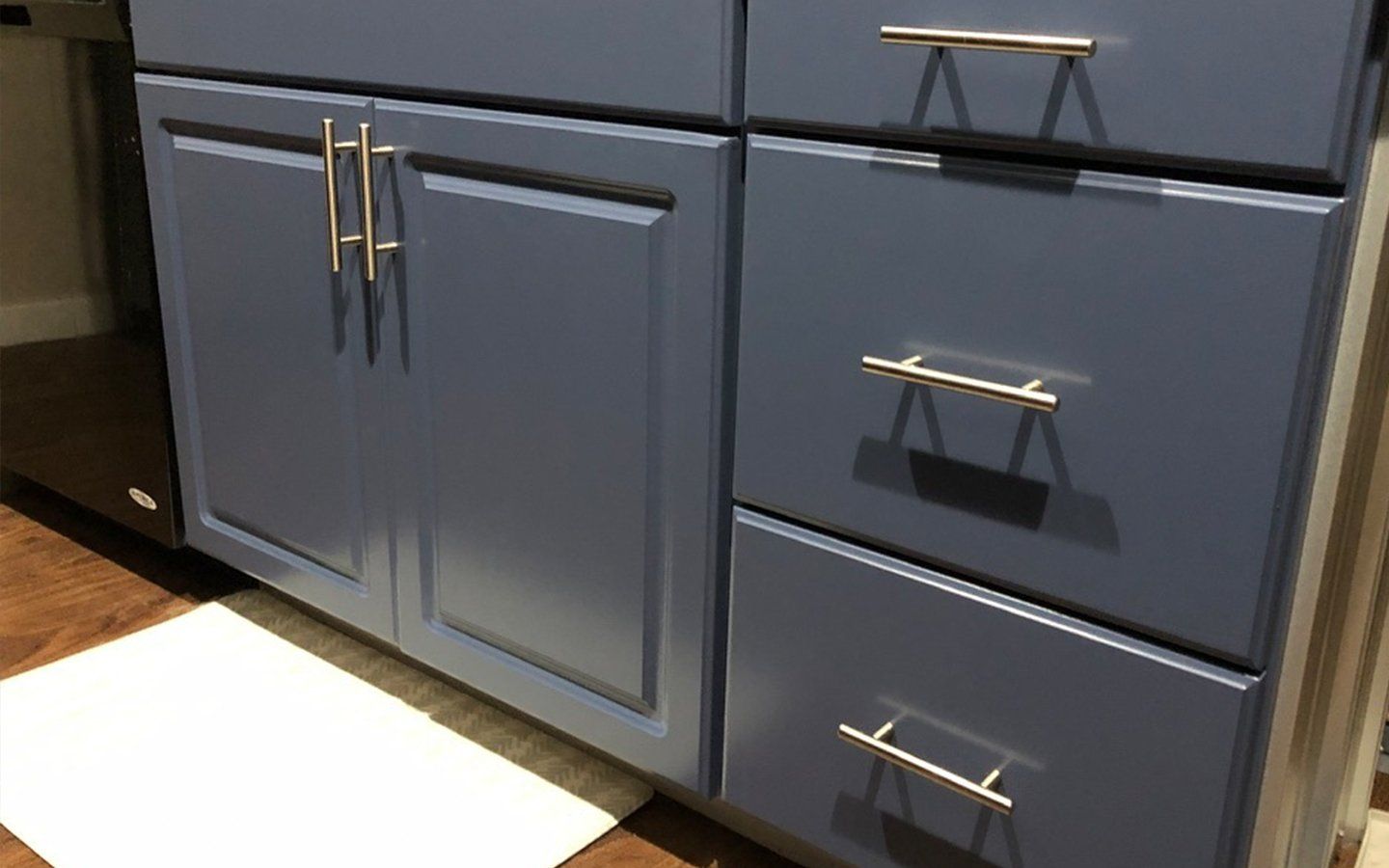2K Polys Are Changing...
Cabinet refinishing is still a rapidly growing segment in the repaint industry. The repaint industry is in need of coatings for cabinets that look like factory finishes, are easy to apply, are cost effective, and in the end help painters make money.
In order to make money repainting cabinets many resort to solvent based coatings because they dry extremely fast, sand easy, have short recoat times, have factory like finishes, and all this equates to making money for the professional painter. The drawbacks are two major factors including very strong odors and the serious risk of explosion. I had been using these coatings for 15 years with these risks. This is no longer the case since I was introduced to waterborne 2K polyurethanes.
Besides solvent based coatings, there are many coatings in the wood finish industry that have a wide range of results from time consuming to use, difficult to sand and, long cure times to name a few. This makes repainting cabinets frustrating, inefficient, and not very profitable. One type of coating that is gaining popularity as it resolves many, if not all, of the frustrations when painting cabinets. You may have heard the term 2K poly and wondered what the heck is that. The term 2K poly references a product that is a 2 component polyurethane. We will be talking about a waterborne 2K poly.
I have discovered a product that has taken my cabinet refinishing to the next level. Renner makes a product line called 851 which is a waterborne 2K poly. The beauty of this product is that you can add additives that greatly increase the coatings bonding capability, hardness, chemical resistance, and make it look and feel superior to other products. You can add a crosslinker or a catalyst which then makes the coating a 2K coating short for two component coating cause you are adding something to the paint. What this product is capable of is being used straight out of the can which is referred to in the finishing world as 1K or short for single component. This is because nothing is being added to this paint other than tint if you want a color other than clear or white.
One additive is a crosslinker which adds more chemical resistance to the coating. Another additive you can add is a catalyst also known as a hardener. This makes it not only more chemical resistant, but it also gives it superior bonding capability, makes the coating significantly harder, and it gives the coating a soft buttery look and feel.
Renner has a primer that can be paired with 851. The primer is 2 component primer because you add a catalyst to it. It gives superior bonding capabilities and it also stops die migration and tannin bleed and I have found there is no spray on primer better for filling wood grain. I have coupled it with one coat of Aqua Coat and 2 coats of the primer, and I got 100% fill of oak wood grain along with a perfectly flat finish.
One reason I switched over from lacquers to Renner 851 2K poly was because I was terrified of the inherent explosion risks. I felt like painting cabinets was just a ticking time bomb. What I quickly realized is that the 851 Series coatings dried almost as fast as lacquer, sands just as easy, has shorter cure times, has quick stack times, (ability to flip and set on drying racks if spraying lying down or transporting doors), have a low odor, and had a look and feel no other coating can match.
WHAT I HAVE LEARNED FROM USING A 2K POLY
I have learned from my experience that 851 dries in 45 minutes to 1 hour and it can be sanded with ease using a 3x4 Ekasand Sander with 320 grit FilmTek (sander found at Paint Life Supply Co.). You can literally spray 3-4 coats and sand in between coats in one day. The product cures in 8 hours when 2K (catalyzed) 12 hours 1K. I have been able to transport or handle with ease without scratching, scuffing, or maring the doors.
I catalyze 851 and the primer using 15% hardener or crosslinker. I determined this amount by simply using a calculator and multiplying the number of ounces of paint by 15%. A gallon of paint is 128 ounces. So 128 x 15 % = 19.2. So I add 19 ounces of hardener to the paint. A quart of paint is 128 ounces / 4. Paint stores including Paint Life Supply Co. carry convenient measuring cups with ounce marks. Simply measure out 19 ounces and slowly pour it into the paint while stirring with a wood stir stick and that is how the paint becomes catalyzed.
One thing that is extremely important to know is when a product is catalyzed it now has a pot life. A pot life means the product can no longer be used after that pot life, because it rapidly begins to harden. The pot life is 5 hours for 851 and 3 hours for the primer; therefore, your sprayer needs to be cleaned out before the pot life expires. You must pay close attention to the time you catalyzed and the time you need to clean. I write down the time I catalyzed and the time I need to start cleaning my pump out. Environmental factors do change pot life slightly so be aware. Heat shortens the pot life sometimes by 30 minutes. If catalyzed paint hardens in your pump it is ruined forever.
A crosslinker has a pot life, but it does not have a hardener that makes the product unusable or ruin your pump. A crosslinker is not a hardener. Crosslinkers added to paint do not harden and will not make the paint unusable when expired, but the crosslinker in the paint is no longer effective at adding chemical resistance after expiration. The beauty of a crosslinker is that you can re-crosslink the paint after expiration.
Crosslinking and catalyzing paint is simple and the fears are quickly overcome after the first use. I highly encourage you to make your cabinet painting process faster, more efficient, and more profitable, by using Renner 2K poly 851 Series coatings. These coatings will give you confidence in your product and you will be giving your customer the very best the industry has to offer.
I have discovered a product that has taken my cabinet refinishing to the next level. Renner USA makes a product line called 851 series which is a waterborne 2K poly.
Chris Berry - The Idaho Painter




